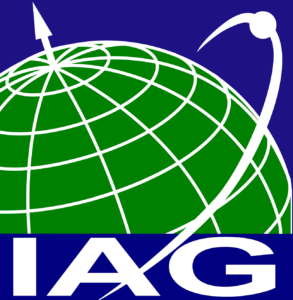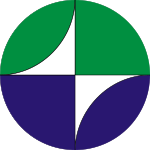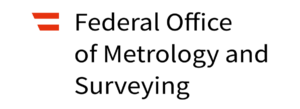Terms of Reference
IAG Commission 4 is dedicated to uniting scientists, researchers, and professionals across the expansive field of Positioning, Navigation, Timing (PNT), and their various applications. To this end, it commits to fostering research that harnesses both current and evolving positioning methods and technologies, aiming to offer theoretical and practical advancements in positioning technologies, multi-frequency and multi-constellation Global Navigation Satellite Systems (GNSS), positioning integrity and quality assurance, GNSS alternatives and backups, sensor integration, atmospheric remote sensing and modeling, as well as innovative engineering geodesy technologies and applications derived from geodetic methods. Commission 4 will execute its mission closely with the IAG Components and Services and through connections with entities across scientific and professional organizations.
With the pivotal role of GNSS in meeting today’s and future positioning needs in mind, Commission 4 will prioritize research that refines models and methodologies to improve and secure GNSS-based positioning performances for a broadening range of end-user applications. It recognizes the growing threats and vulnerabilities to GNSS-only positioning systems and seeks to explore technologies and strategies to counteract these challenges. The Sub-Commissions are tasked with developing theories, strategies, and tools for modeling or mitigating interference, signal disruptions, and atmospheric disturbances relevant to precise GNSS positioning technologies. They will tackle both technical and institutional challenges essential for establishing GNSS alternatives, integrated PNT solutions, automated processing capabilities, and quality assurance protocols. Moreover, Commission 4 will explore geodetic remote sensing through the use of Synthetic Aperture Radar (SAR), Light Detection and Ranging(LiDAR), and Satellite Altimetry (SA) for geodetic and engineering purposes.
Commission 4, at the start of the new period, consists of four Sub-commissions(SCs) with their Working Groups (WGs), plus one Joint Study Group (JSG) and three Joint Working Groups (JWG), all of them jointly with other Commissions and/orservices. Additional WGs and Study Groups (SGs) can be established as needed, andexisting ones may be dissolved should they become inactive.



